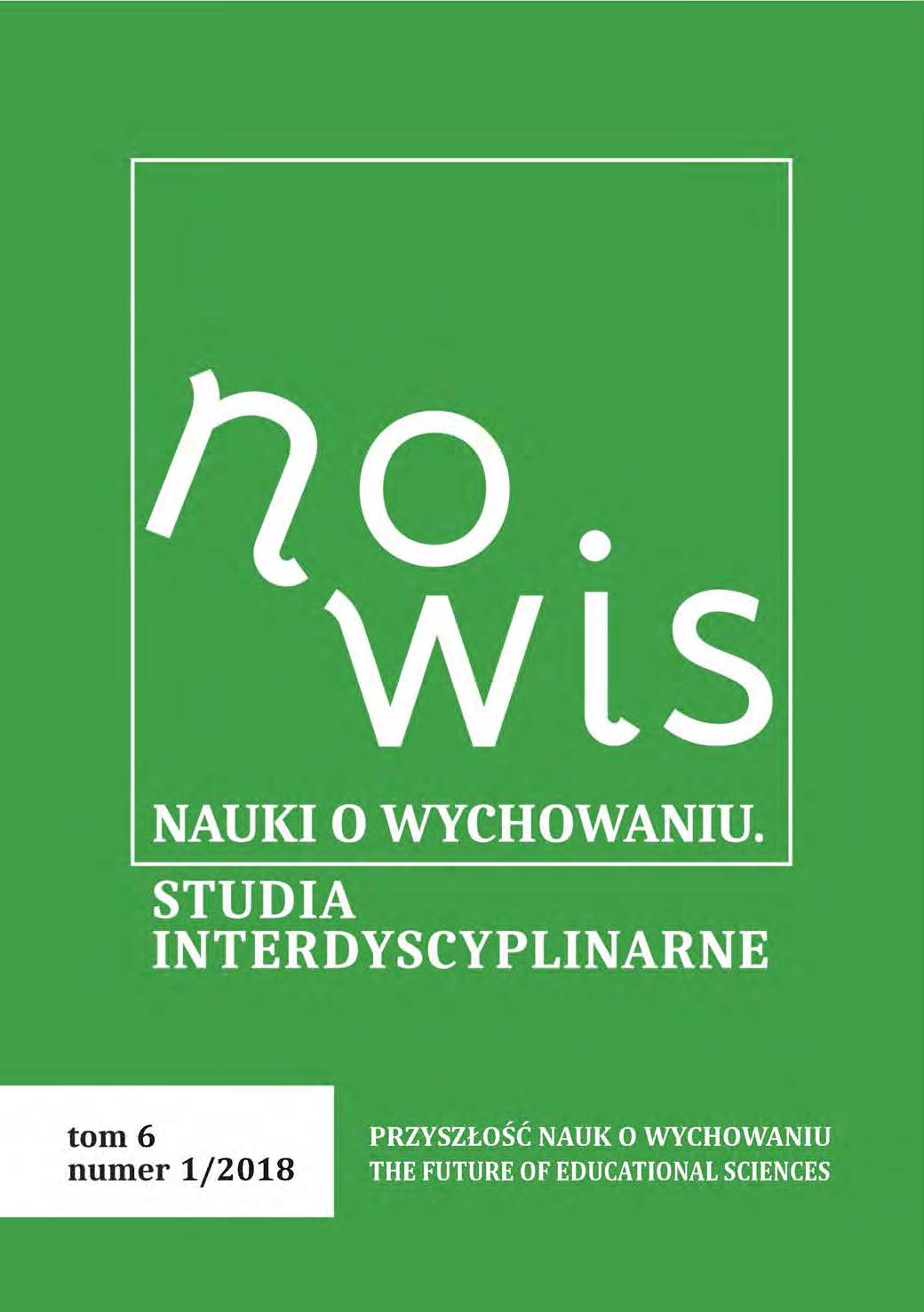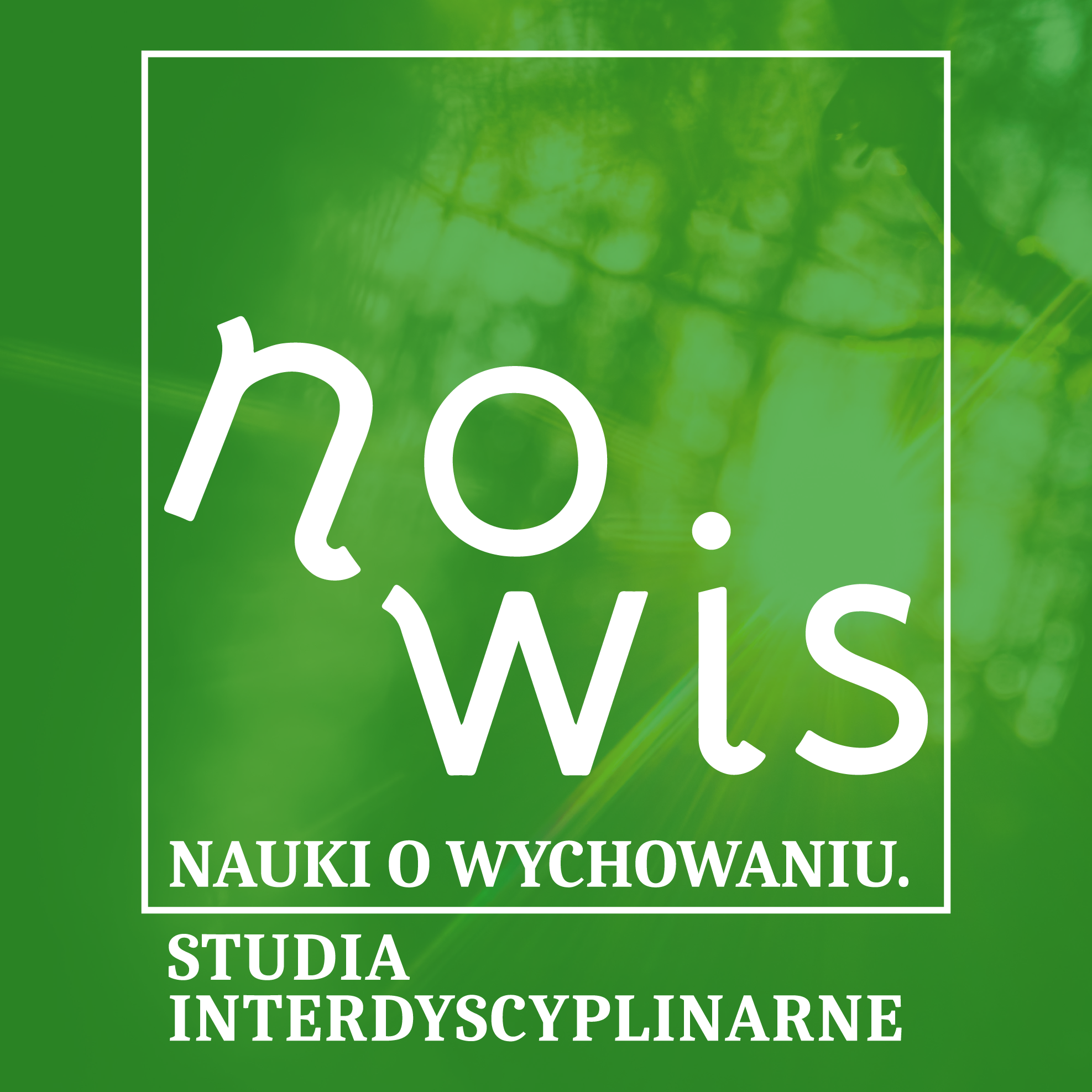Badanie wpływu zmiany sposobu nauczania matematyki na jednego z moich uczniów. Joseph – studium przypadku
DOI:
https://doi.org/10.18778/2450-4491.06.12Słowa kluczowe:
badanie w działaniu, uogólnienie, współtworzone środowisko, strategieAbstrakt
Analizowane studium przypadku powstało w ramach badania w działaniu obejmującego uczniów szkoły podstawowej, w wieku 6 i 7 lat. Celem tego badania było zmierzenie wpływu zmian moich praktyk nauczania matematyki na moich uczniów. W moich badaniach skupiłam się na uczniu o imieniu Joseph, który osiągał bardzo dobre wyniki w szkole, i zbadałam, jak jego zachowanie zmieniło się pod wpływem zmiany sposobu mojego nauczania. Moje pytania badawcze koncentrowały się na zadaniach, które przygotowywałam dla uczniów. Ponadto skupiłam się na strategiach używanych przez moich uczniów do znalezienia rozwiązań. W pytaniach badawczych skoncentrowałam się na moim sposobie zadawania pytań, aby pobudzić uczniów do myślenia. Dane, wykorzystywane w badaniach, pochodziły z obserwacji lekcji, transkrypcji prac uczniów i notatek z moich badań. Metody jakościowe, takie jak analiza tematyczna i analiza porównawcza, zostały wykorzystane do analizy danych przy zastosowaniu podejścia metodologii teorii ugruntowanej. To studium przypadku nie dowodzi zmiany, z uwagi na fakt, że doświadczył tych zmian jeden uczeń, nie wpływaliśmy poprzez zmianę na wszystkich uczniów. To studium przypadku pokazuje zmiany, które są możliwe, gdy współtworzone jest środowisko wspólnego rozwiązywania problemów.
Bibliografia
Altrichter R., Feldman A., Posch P., Somekh B. (2008) Teachers Investigate their Work (2 ed.), London, Routledge.
Google Scholar
Anghileri J. (1989) An Investigation of Young Children’s Understanding of Multiplication, “Educational Studies in Mathematics”, 20: 367–385.
Google Scholar
Bassey M. (1999) Case study research in educational settings, Open University Press.
Google Scholar
Carpenter T. P., Ansell E., Franke M. L., Fennema E., Weisbeck L. (1993) Models of Problem Solving: A Study of Kindergarten Children’s Problem-Solving Processes, “Journal for Research in Mathematics Education”, 24: 428–444.
Google Scholar
Carpenter T. P., Levi L. (2000) Developing conceptions of algebraic reasoning in the primary grades, Res. Rep. 00-2.Univ. Madison, WI: National Centre for Improving Student Learning and Achievement in Mathematics and Science.
Google Scholar
Carpenter T. P., Moser J. M. (1984) The Acquisition of Addition and Subtraction Concepts in Grades One through Three, “Journal for Research in Mathematics Education”, 15: 179–202.
Google Scholar
Cohen L., Manion L., Morrison K. (2005) Research Methods in Education, London, Routledge Falmer.
Google Scholar
Corbin J., Strauss A. (2008) Basics of Qualitative Research (3 ed.), London, Sage Publications Ltd.
Google Scholar
Denscombe M. (2005) The Good Research Guide, Maidenhead, Open University Press.
Google Scholar
Gerring J. (2007) Case study research: principles and practices, Cambridge University Press.
Google Scholar
Goos M., Galbraith P., Renshaw P. (2004) Establishing a community of practice in a secondary mathematics classroom in: B. Allen, S. Johnston-Wilder (eds.), Mathematics Education: Exploring the Culture of Learning, Falmer Pr.
Google Scholar
Herbert A., Feldman A., Posch P., Somekh B. (2008) Teachers Investigate Their Work: An Introduction to Action Research Across the Professions, 2nd Edition, New York, Routledge.
Google Scholar
Hewitt D. (1994) Train spotters’ paradise, “Teaching Mathematics”: 47–51.
Google Scholar
Kaput J., Blanton M. (1999) Algebraic reasoning in the context of elementary mathematics: making it implementable on a massive scale, https://files.eric.ed.gov/fulltext/ED441663.pdf
Google Scholar
Kilpatrick M. (2003) Why did you say right angles?, The place of questioning in mathematics, ACE Papers,https://researchspace.auckland.ac.nz/bitstream/handle/2292/25116/ACE_Paper_5_Issue_12.pdf?sequence=1
Google Scholar
Macdonald B., Walker R. (1974) Case-study and The Social Philosophy of Educational Research, “Cambridge Journal of Education”, 5 (1): 2–11.
Google Scholar
Martino A. M., Maher C. A. (1999) Teacher Questioning to Promote Justification and Generalization in Mathematics: What Research Practice Has Taught Us, “The Journal of Mathematical Behavior”, 18: 53–78.
Google Scholar
Mason J. (1999) Learning and doing mathematics, (2 ed.), York, QED.
Google Scholar
Mercer N., Sams C. (2006) Teaching children how to use language to solve maths problems, “Language and Education”, 20 (6): 507–528.
Google Scholar
Mitchelmore M. C. (2002) The role of abstraction and generalisation in the development of mathematical knowledge, “Mathematics Education for a Knowledge-Based Era”, 2: 157–167.
Google Scholar
Mulligan J., Watson J. (1998) A developmental multimodal model for multiplication and division, “Mathematics Education Research Journal”, 10: 61–86.
Google Scholar
Nicholls J. G., Cobb P., Wood T., Yackel E., Patashnick M. (1990) Assessing students’ theories of success in mathematics: Individual and classroom differences, “Journal for Research in Mathematics Education”, 21: 109–122.
Google Scholar
Nolas Sevasti-Melissa (2011) Grounded theory in: Frost Nollaig (ed.), Qualitative Research Methods in Psychology: Combining Core Approaches, Maidenhead, Open University Press: 16–43.
Google Scholar
Rojas-Drummond S., Mercer N. (2003) Scaffolding the development of effective collaboration and learning, “International Journal of Educational Research”, 39:99–111.
Google Scholar
Rowley J. (2002) Using case studies in research, “Management Research News”, 25: 16–27.
Google Scholar
Secada W. G., Fuson K. C., Hall J. W. (1983) The Transition from Counting-all to Counting-on in Addition, “Journal for Research in Mathematics Education”, 14: 47–57.
Google Scholar
Simons H. (1996) The paradox of case study, “Cambridge Journal of Education”, 26. Stake R. E. (1978) The Case Study Method in Social Inquiry, “Educational Researcher”,7: 5–8.
Google Scholar
Stake R. E. (1995) The art of case study research, Sage Publications, Inc.
Google Scholar
Steinberg R. M. (1985) Instruction on Derived Facts Strategies in Addition and Subtraction, “Journal for Research in Mathematics Education”, 16: 337–355.
Google Scholar
Sullivan P., Warren E., White P. (2000) Students’ responses to content specific openended mathematical tasks, “Mathematics Education Research Journal”, 12: 2–17.
Google Scholar
Tobin K. (1987) The Role of Wait Time in Higher Cognitive Level Learning, “Review of Educational Research”, 57: 69–95.
Google Scholar
Wegerif R., Littleton K., Dawes L., Mercer N., Rowe D. (2004) Widening access to educational opportunities through teaching children how to reason together, “Westminster Studies in Education”, 27 (2): 143–156.
Google Scholar
Yin R. K. (2009) Case study research: Design and methods, 4th ed., Thousand Oaks, Sage Publications, Inc.
Google Scholar
Zazkis R., Liljedahl P., Chernoff E. J. (2008) The role of examples in forming and refuting generalizations, “ZDM Mathematics Education”, 40: 131–141.
Google Scholar
Pobrania
Opublikowane
Jak cytować
Numer
Dział
Licencja

Utwór dostępny jest na licencji Creative Commons Uznanie autorstwa – Użycie niekomercyjne – Bez utworów zależnych 4.0 Międzynarodowe.





 Strona czasopisma, prowadzona przez Zespół redakcyjny NOWiS na platformie Index Copernicus:
Strona czasopisma, prowadzona przez Zespół redakcyjny NOWiS na platformie Index Copernicus: 





